OSS & Quantum
The potential of the symbiosis of Quantum Computing and OSS: Development of quantum computing OS algorithms and software
Workshop within the framework of the Open Source Workshops for Computing and Sustainability event
Albert Borschette Conference Center, Brussels: 02 December 2022
Workshop time: 12:00-13:30 CET | Room 3B
Workshop Description
Due to its incipient stage of development, Quantum Computing is hybrid by nature. It offers a specialized form of computing power which needs to co-exist with classical architectures in the form of hybrid computing approaches. Sustainable Quantum Computing strategies are based on the combination of classical architectures with traditional hardware that access quantum devices as needed. Therefore, interoperability and reusability are key aspects to take into consideration. A hybrid quantum stack, especially one that relies on both cloud and on- premises / private cloud resources, will require management and orchestration to ensure that programs, experiments, processes and technologies run smoothly and are interoperable.
In this context , OSS solutions can help to reach this level of compatibility and interoperability. This workshop will address the main Quantum Computing challenges and how to address them leveraging on OSS practices and solutions, specially focused on:
- OSS middleware for Quantum Computing.
- OSS based interoperable components and libraries for Quantum Computing (i.e. Pennylane libraries)
Chair
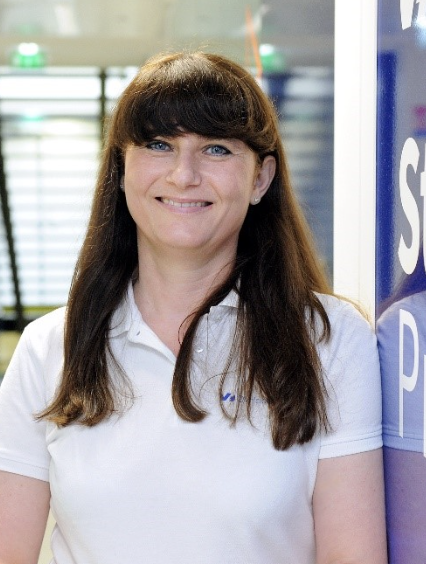 |
Fanny Bouton (OVHCloud) Fanny Bouton, analyst, journalist and expert in new technologies for more than 20 years is also currently the OVHcloud Quantum Lead & Startup Program Leader. She regularly speaks in the media, co-produces and hosts the podcasts on quantum "Quantum" and "Decode Quantum" with Olivier Ezratty. Passionate about innovation, she launched in the early 2000s her blog and "Fanny's Party" evenings dedicated to the subject. For 18 years, she brought geeks together and popularized new technologies and innovations to help democratize complex subjects. She has hosted a large number of shows such as "What's new with geeks?", "World of Fanny", "Follow Fanny", "Tech Away" and was a journalist for Direct 8 and GameOne. In recent years, she has devoted them to the digital transformation of large groups, to acculturation to Open Innovation (TF1, Agence Innovation Défense, Dior, etc.) and to supporting startups (Station F, HEC entrepreneurs ...). Promoting and helping the French scientific and technological ecosystem to shine has become its favorite playground. |
Panellists
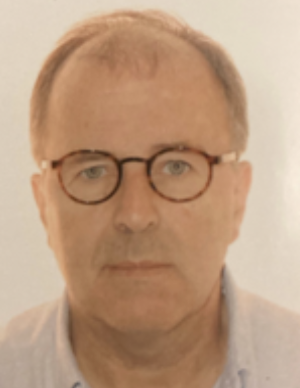 |
Koen Bertels (QBEE) Koen Bertels’ scientific research focuses on quantum computing and more specifically on the definition and implementation of a scalable quantum computer system for any scientific and operational field. He is currently building a new team to continue working on all layers of the full stack which has been my work from the first day working on quantum computing. After starting 11 years ago on quantum computing, he has moved almost exclusively to the use of perfect qubits, which has no decoherence and no errors in the quantum gates performed on the qubits. Perfect qubit is an older, theoretical concept, but it allows to think about the algorithmic solutions one wants to study in any field without having to worry about returning to the ground state and all kinds of errors in the quantum calculation. We call this the PISQ-methodology, where PISQ stands for Perfect (qubits) Intermediate Scale Quantum computing. This is complementary to the NISQ-approach where the emphasis is on all the physics-based challenges and that is what the word Noisy represents. |
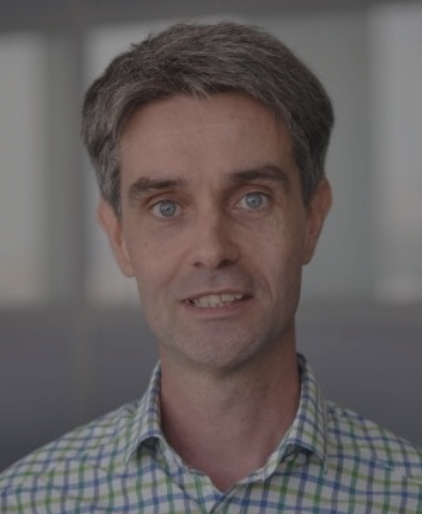 |
Jean Senellart (Quandella) Jean Senellart graduated from Ecole Polytechnique and obtained a PhD in computer science in 1999. He joined SYSTRAN, where for 20 years as researcher, chief scientist and eventually CEO, he contributed to the transformation of the company from legacy rule-based to AI-driven technology. He is in particular one of the founders of OpenNMT, the most popular OSS for Neural Machine Translation. Jean decided in 2020 to embark on a new challenge and joined Quandela. Early 2022, his team launched Perceval, an OSS for simulating photonic circuits leading to first-ever photonic QPU online: Quandela Cloud. |
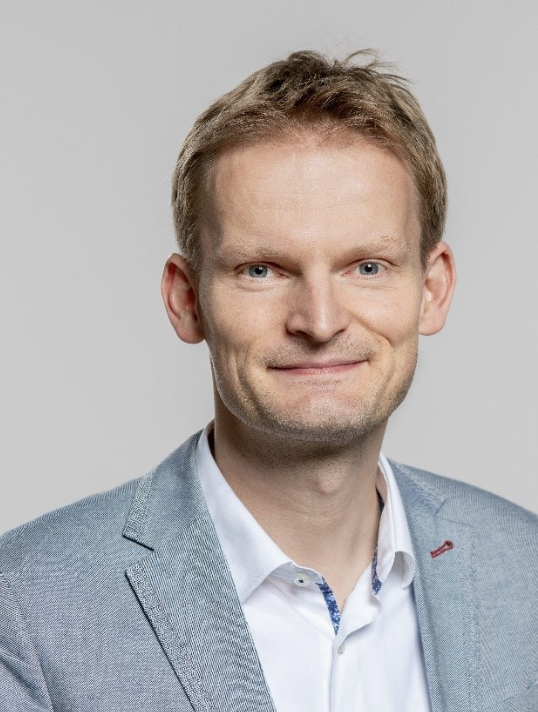 |
Robert Wille (TU Munich) Robert Wille is a Full and Distinguished Professor at the Technical University of Munich, Germany, and Chief Scientific Officer at the Software Competence Center Hagenberg, Austria (a technology transfer company with 100 employees). His research interests are in the design of circuits and systems for both conventional and emerging technologies. In these areas, he published more than 400 papers and served in numerous boards and committees. For his research, he was awarded, e.g., with Best Paper Awards, e.g., at TCAD and ICCAD, an ERC Consolidator Grant, a Distinguished and a Lighthouse Professor appointment, a Google Research Award, and more. |
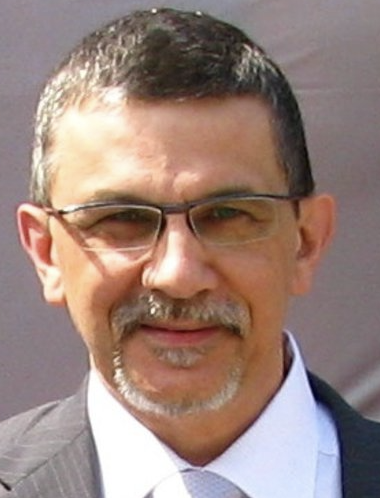 |
Christian Gamrat (CEA-QUCATS project) Christian Gamrat is chief scientist and CEA fellow in the field of advanced computing architecture. Graduated from the University of Grenoble and ENSERG in Electrical Engineering and information processing, he began his career at CEA, Grenoble in 1981 on data processing projects for nuclear physics experiments. He got involved in the study of neural networks in 1987 and led a team for the design of neurocomputers in 1989 (Project MIND-1024). He joined CEA, Saclay in 1995 where he worked on the development of embedded parallel computers architectures for image processing onboard fighter aircrafts. In 1999 he initiated a research on novel computing paradigms aimed at nano technologies. In this context he worked in molecular electronics, memristor technologies and lead several research projects in the field of emerging computing paradigms. Christian has coordinated several national and European funded projects and contributed to more than 70 papers and book chapters. |